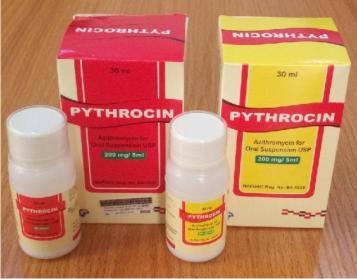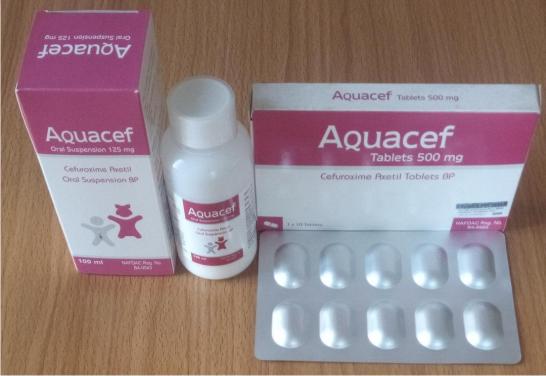

BY GODWIN OBI
Nigeria’s maritime industry is in an uproar as key players lash out at port reforms they say have systematically sidelined indigenous operators, eroded local content, and handed control to foreign interests.
At the high-stakes PortNews Summit 2024 in Lagos, stakeholders painted a grim picture of a sector struggling under policies they claim have prioritized efficiency over equity. Once-proud Nigerian-owned vessels now sit idle, and local bonded terminals fight for survival in an uneven playing field dominated by foreign concessionaires.
“The 2006 port reforms may have brought private investments, but they’ve also crushed local operators,” said Capt. Emmanuel Ihenacho, a former Minister of Interior. He criticized the landlord model, which he said disproportionately benefits international players while leaving Nigerian operators scrambling for scraps.
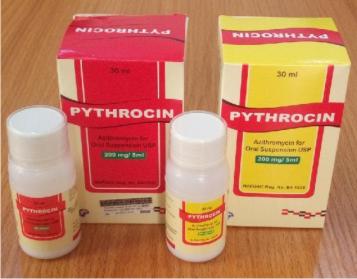
Adding fuel to the fire is the dismal enforcement of the Cabotage Act, a law designed to protect Nigerian-flagged vessels in coastal trade. Dr. Muda Yusuf, CEO of the Centre for the Promotion of Private Enterprise (CPPE), slammed the law as a “paper tiger,” rendered toothless by poor implementation.
Stakeholders didn’t hold back in their call for urgent action. Proposals ranged from renegotiating concession agreements to enforce local patronage, to strengthening the Cabotage Act through executive orders that safeguard Nigerian jobs. “This is about more than just business,” one stakeholder warned. “It’s about economic sovereignty.”
The summit closed with a fiery consensus: if the government fails to act, the marginalization of Nigerian operators will deepen, and the country risks losing control of a vital sector. The battle cry? Reform the reforms—before it’s too late.
ADVERTISEMENTS







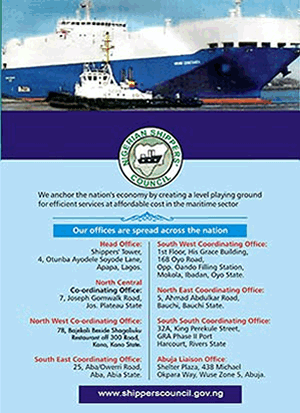
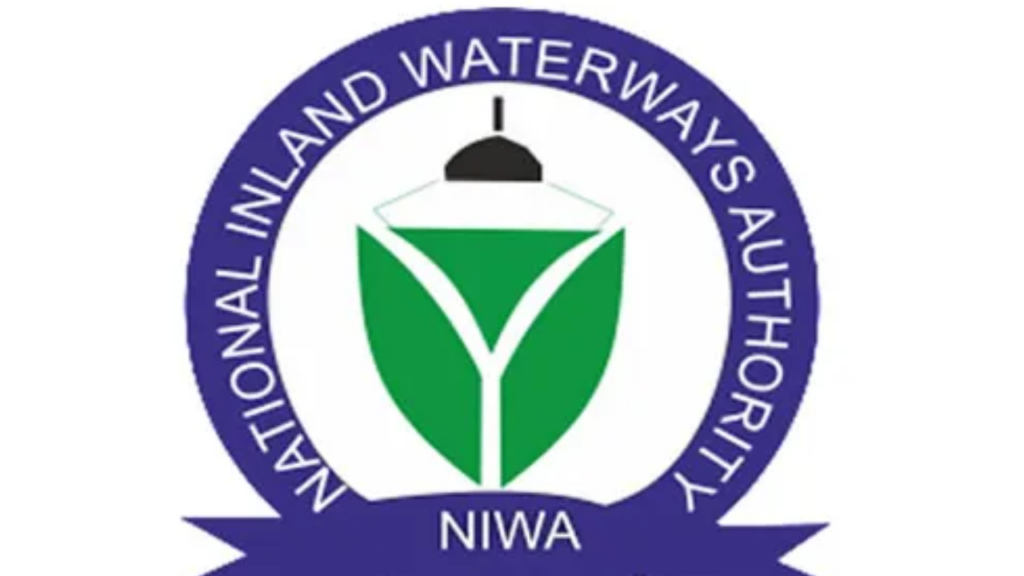

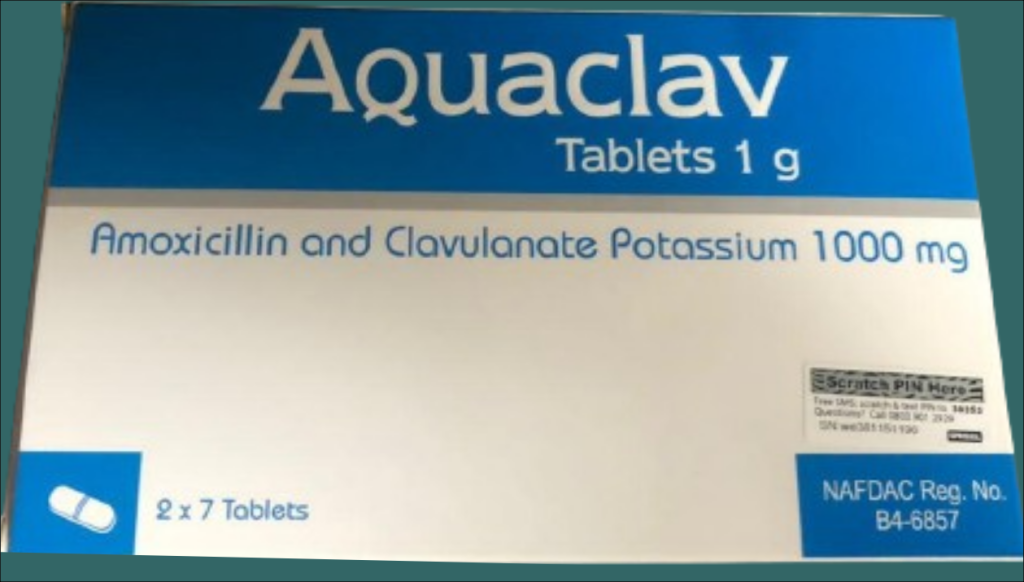


Pythrocin distributed by Pinnacle Health Pharmaceuticals Ltd






